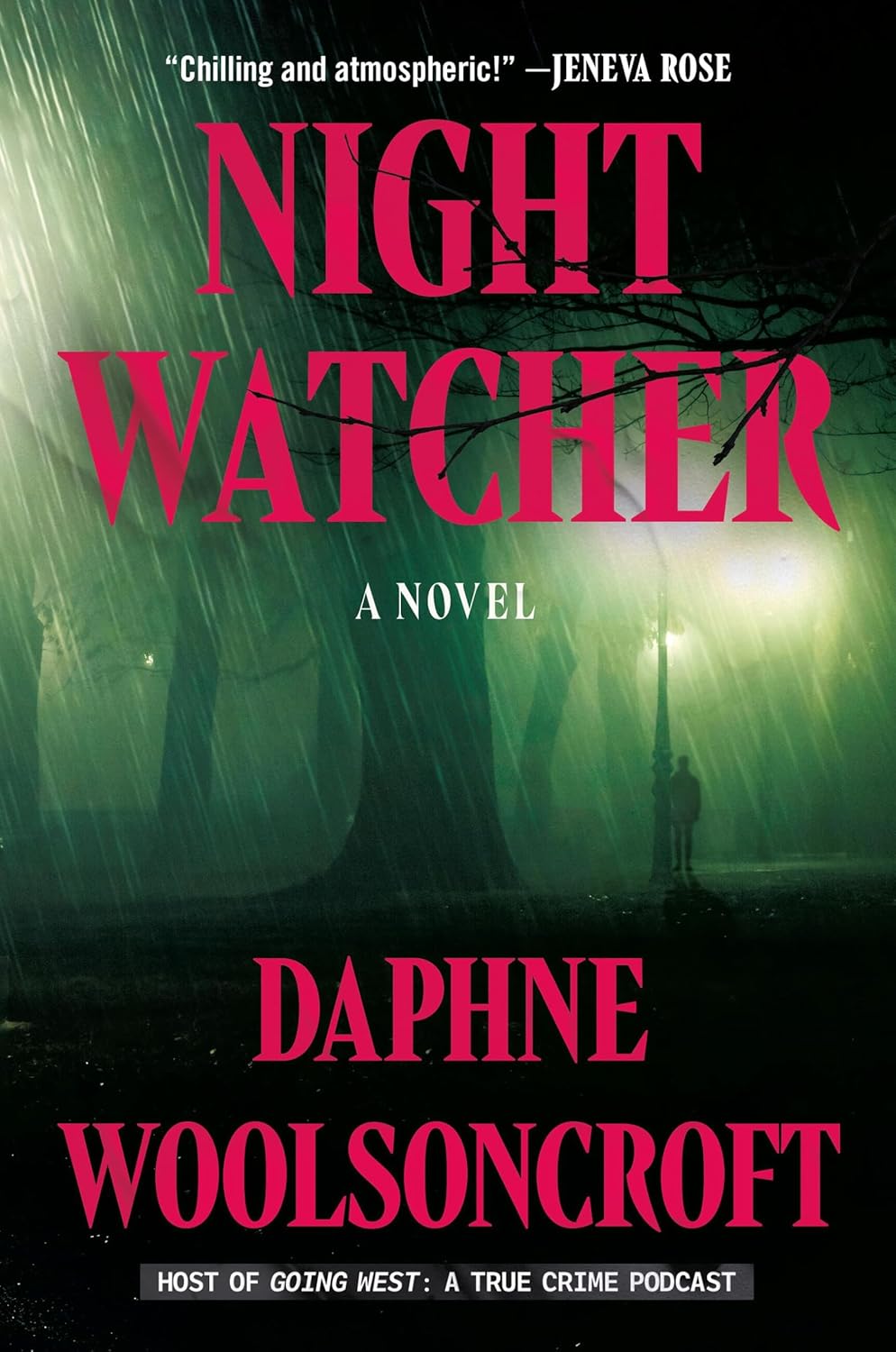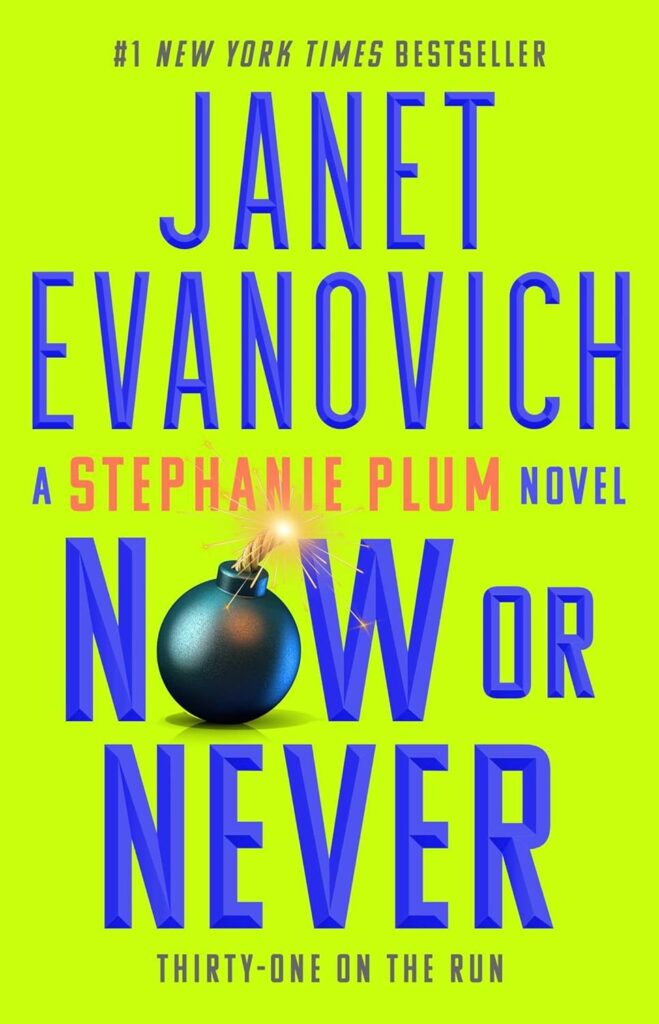There’s something uniquely captivating about a story that crawls under your skin and stays there, long after you’ve turned the final page. Daphne Woolsoncroft’s Night Watcher is precisely that kind of book. As a seasoned reader of psychological thrillers, I’m always on the lookout for a narrative that doesn’t just entertain but truly unsettles, and Night Watcher delivers on that promise with chilling precision. This isn’t just another whodunit; it’s a deep dive into the lingering shadows of trauma, the deceptive nature of memory, and the terrifying realization that some monsters refuse to stay buried. If you’re a fan of atmospheric suspense and intricate character studies, then this comprehensive Night Watcher book review is for you, and trust me, you’ll want to add this one to your immediate reading list.
From the very first chapter, Woolsoncroft establishes a pervasive sense of unease that permeates every scene. The narrative is taut, the tension palpable, and the stakes are raised with each twist and turn. It’s the kind of book that makes you question every shadow, every creak of your house, and every seemingly innocuous detail. As someone who appreciates a slow burn that builds to an explosive climax, I found myself utterly engrossed, often reading late into the night, compelled to uncover the truth alongside the protagonist, Nola Strate. This Night Watcher book review will explore why this novel stands out in a crowded genre, delving into its plot, characters, themes, and the masterful storytelling that makes it a must-read.
Unraveling the Mystery: A Detailed Night Watcher Book Review
Daphne Woolsoncroft, already known for her compelling work as a true crime podcaster, brings a unique authenticity and a keen understanding of criminal psychology to her fiction. This background shines brightly in Night Watcher, lending an air of chilling realism to the unfolding events. The novel isn’t merely a fictional tale; it feels informed by a deep empathy for victims and a nuanced grasp of the psychological toll that violence leaves behind.
Plot Overview: The Haunting Echoes of “The Hiding Man”
At its heart, Night Watcher is a story of survival, legacy, and the relentless pursuit of truth. We are introduced to Nola Strate, a radio host of a popular late-night call-in show called “Night Watch.” Nola carries a heavy burden from her past: as an eight-year-old, she narrowly escaped the clutches of a notorious serial killer known as “The Hiding Man” in the Pacific Northwest. This traumatic encounter has shaped her entire life, leaving her with an enduring sense of vulnerability and a constant vigilance against the shadows. She’s installed security cameras, rarely speaks of the incident, and has built a life around trying to forget that terrifying night.
However, the past has a way of refusing to stay buried. Twenty years later, Nola’s carefully constructed peace begins to unravel when a frantic caller on her show describes an intruder whose chilling characteristics eerily match those of The Hiding Man. When news breaks that the caller has been brutally murdered, Nola is plunged back into her worst nightmare. Is The Hiding Man back? Is he coming for her? The police are skeptical, dismissing her fears as residual trauma. This forces Nola to take matters into her own hands, becoming, much like her listeners, a “Night Watcher” herself, determined to unmask the monster.
The plot thickens with the introduction of new suspects: Nola’s semi-famous father, who is planning to write a book about The Hiding Man killings, and a mysterious new neighbor who seems to lurk in the shadows. As Nola delves deeper, she uncovers a labyrinthine web of secrets, lies, and betrayals that stretch back decades. The narrative skillfully weaves between Nola’s present-day investigation and fragmented flashbacks to her childhood trauma, slowly revealing the full horror of what she endured and the profound impact it has had on her. The pacing, while deliberate, is designed to build suspense, drawing the reader deeper into Nola’s paranoia and fear. The tension is expertly ratcheted up, making you feel the constant threat Nola faces, the sense of being watched, and the growing dread that the killer is always one step ahead.
Character Deep Dive: Nola Strate and Her World
The strength of Night Watcher lies significantly in its character development, particularly that of Nola Strate. Nola is not a flawless heroine; she is deeply human, scarred by her past, and often makes questionable decisions driven by fear and a desperate need for answers. This makes her incredibly relatable and her journey all the more compelling. Her internal struggle with trauma, her attempts to cope, and her gradual transformation from a survivor haunted by the past to an active investigator are meticulously portrayed. Readers will find themselves rooting for her, even as they occasionally want to shout warnings at her from the pages.
Beyond Nola, the supporting cast adds layers to the narrative. Her father, a figure both familiar and unsettling, embodies the complexity of familial relationships under extreme duress. The new neighbor provides a classic red herring, keeping readers guessing. Even the fleeting voices of her radio show callers contribute to the atmosphere, highlighting the pervasive fear and fascination with true crime that Nola herself embodies. The police, often dismissive of Nola’s concerns, serve as a realistic portrayal of institutional skepticism, further isolating Nola and forcing her into a dangerous solo pursuit of justice.
Themes Explored: Trauma, Obsession, and the Search for Truth
Night Watcher delves into several profound themes that elevate it beyond a simple crime thriller.
- The Lingering Impact of Trauma: This is perhaps the most prominent theme. Nola’s childhood encounter with The Hiding Man has left an indelible mark, manifesting as paranoia, a need for control (through her security measures), and a deep-seated fear that never truly dissipates. The novel explores how past trauma can dictate present actions and perceptions, blurring the lines between reality and delusion.
- Obsession and Vigilance: Nola’s journey is one of increasing obsession. Initially, she tries to forget, but as the threat resurfaces, her focus shifts to understanding and confronting it. This theme is mirrored by her radio show, “Night Watch,” where listeners call in to share their own experiences of being watched or haunted, creating a collective sense of vigilance against unseen threats. The title itself, Night Watcher, speaks to this constant state of alert.
- The Nature of Truth and Deception: The narrative is rife with secrets, lies, and misdirections. Nola constantly questions who she can trust, including her own family. The book explores how easily truth can be obscured, how appearances can be deceiving, and the lengths people will go to protect their secrets, no matter how dark.
- The Allure of True Crime: Given Woolsoncroft’s background, the novel naturally touches upon the public’s fascination with true crime. Nola’s podcast serves as a meta-commentary on this phenomenon, showing how real-life horrors are consumed as entertainment, yet for Nola, it’s a very personal and terrifying reality.
Language and Narrative Style: A Masterclass in Suspense
Woolsoncroft’s writing style in Night Watcher is both immersive and effective. She employs a clear, concise prose that keeps the story moving, yet she’s also adept at crafting vivid descriptions that build atmosphere without bogging down the pace. The language is sharp, often unsettling, and perfectly suited to the psychological thriller genre. There’s a palpable sense of dread woven into the very fabric of the sentences, making you feel Nola’s anxiety and fear as if it were your own.
The narrative primarily unfolds from Nola’s first-person perspective, which allows for an intimate look into her thoughts, fears, and fragmented memories. This subjective viewpoint enhances the psychological suspense, making the reader question what is real and what is a product of Nola’s trauma. There are instances where the perspective shifts, offering glimpses into other characters’ thoughts or external events, which can be jarring initially but ultimately serves to broaden the scope of the mystery and provide crucial pieces of the puzzle. This shifting perspective, as noted by some readers, might take a moment to adjust to, but it ultimately enriches the storytelling, providing a more holistic view of the complex events.
Personal Analysis, Insights, and Reflections
What truly sets Night Watcher apart for me is its unflinching exploration of trauma. Woolsoncroft doesn’t shy away from the psychological scars left by extreme violence. Nola’s journey isn’t just about catching a killer; it’s about reclaiming her peace of mind, confronting her past, and finding agency in a world that has tried to strip it away. The author’s background in true crime undoubtedly lends an authentic weight to these psychological elements, making Nola’s internal struggles feel incredibly real and resonant.
I found myself particularly drawn to the concept of the “Night Watch” radio show. It’s a clever narrative device that allows for external perspectives on fear and the unknown, mirroring Nola’s own internal battle. It also subtly critiques the way society consumes and sensationalizes real-life tragedies, creating a fascinating dynamic between the public’s morbid curiosity and the raw, lived experience of the victims. The idea of Nola, a survivor, hosting a show about the very things that haunt her is a brilliant touch, adding layers to her character and the overall thematic depth.
The atmosphere is another standout. From the descriptions of the Pacific Northwest setting to the eerie feeling of being watched, Woolsoncroft creates a truly chilling environment. I often felt a prickle of unease while reading, a testament to her ability to evoke a pervasive sense of dread. It’s a book that demands to be read with the lights on, preferably with a strong cup of coffee to steady your nerves.
The Book’s Strengths and Weaknesses
No book is perfect, and while Night Watcher shines brightly in many areas, there are a few points worth discussing.
Strengths: Why Night Watcher Excels
- Masterful Suspense Building: The tension is expertly crafted and maintained throughout the novel. Woolsoncroft knows how to dole out clues and red herrings, keeping the reader constantly guessing and on the edge of their seat. The sense of dread is palpable, making for a truly immersive reading experience.
- Compelling Protagonist: Nola Strate is a deeply flawed yet incredibly resilient character. Her journey of confronting her past trauma and seeking justice is both heartbreaking and inspiring. Her internal monologue and struggles are vividly portrayed, making her highly empathetic.
- Atmospheric Setting: The descriptions of Portland, Oregon, and the general Pacific Northwest lend a moody, often unsettling backdrop to the story. The environment itself feels like a character, contributing to the overall chilling tone.
- Intriguing Premise: The idea of a true crime podcast host being hunted by a killer from her past is inherently fascinating and executed with originality.
- Psychological Depth: The exploration of trauma, paranoia, and the psychological impact of violence is handled with sensitivity and realism, adding significant depth to the narrative.
- Authenticity from True Crime Background: Woolsoncroft’s experience as a true crime podcaster is evident in the nuanced portrayal of investigative elements and the human cost of crime.
Weaknesses: Areas for Improvement
- Pacing in Certain Sections: While generally well-paced, some readers, including myself, might find certain sections, particularly in the middle, to be a bit slow. The detailed exploration of Nola’s internal state, while important for character development, occasionally slows the plot’s momentum.
- Anticlimactic Killer Reveal (for some): Several reader impressions from Goodreads and NetGalley noted that the identity of the serial killer, while not entirely predictable, felt somewhat anticlimactic or uninspiring for them. This is a subjective point, as what one reader finds satisfying, another might find underwhelming. For me, the journey and the psychological tension were more impactful than the final reveal itself, but it’s a valid point of feedback.
- Detective Character: Some reviews indicated that the detective character, Jack, was not as well-developed or effective as Nola, leading to a sense of frustration with the police’s ineptitude. While this serves to isolate Nola and propel her own investigation, it could be perceived as a narrative weakness by some.
- Perspective Switching (Minor): A few readers found the initial shifts between first-person (Nola) and third-person perspectives to be jarring. While I found it ultimately effective, it’s a stylistic choice that might not appeal to everyone.
Short Reviews and Impressions from Readers
To offer a well-rounded Night Watcher book review, it’s essential to consider the broader reader landscape. Impressions from platforms like Goodreads and NetGalley largely echo my own sentiments, highlighting the book’s strengths in suspense and atmosphere, while also pointing out some of the minor weaknesses.
One reader on Goodreads enthusiastically stated, “Gripping, shocking, thrilling, and mesmerizing, the Night Watcher was an addictive read! This one had the hair standing up on the back of my neck!” Another reviewer praised Nola as “a strong, empathetic, resilient, resourceful character. Her emotions, fear, and trauma were spot on. The exact kind of narrator you want.” Many lauded the author’s writing, with comments like, “Daphne Woolsoncroft’s writing felt polished and drew me in immediately. The storyline felt genuinely terrifying at times!” The immersive descriptions of Portland and Nola’s surroundings also received praise for being “vividly drawn and immersive.”
However, some echoed the sentiment regarding the killer’s reveal, with one reviewer noting, “The identity of the serial killer was anticlimactic.” Another felt that “some scenes dragged, following Nola around almost in real time didn’t work for me when nothing was happening.” Despite these minor criticisms, the overwhelming consensus points to Night Watcher as a compelling and genuinely chilling debut. The book’s ability to create a sense of being watched, and its success in making readers look over their shoulders, is a recurring theme in positive feedback.
The Verdict: Why You Need to Read Night Watcher
In conclusion, Night Watcher by Daphne Woolsoncroft is a powerful and unsettling psychological thriller that will grip you from its opening pages and refuse to let go. It’s a testament to Woolsoncroft’s skill as a storyteller, blending her true crime expertise with a knack for crafting deeply human characters and a truly terrifying premise. This isn’t just a book you read; it’s an experience that will leave you questioning the shadows and the secrets lurking within seemingly ordinary lives.
If you’re seeking a novel that offers more than just a quick thrill – one that delves into the profound psychological impact of trauma, the complexities of family, and the relentless pursuit of truth against all odds – then Night Watcher is an absolute must-read. Despite a few minor pacing issues and a subjective ending for some, its strengths far outweigh any weaknesses. The chilling atmosphere, the compelling protagonist, and the expertly woven suspense make it a standout in the genre.
So, if you’re ready to be truly unnerved and captivated, I wholeheartedly encourage you to pick up Night Watcher. Prepare to be drawn into Nola Strate’s world, where the past is never truly past, and someone is always watching. Don’t miss out on this gripping debut that promises to keep you on the edge of your seat.
You can find Night Watcher and immerse yourself in its suspenseful world by checking it out on Amazon. For more insights into Daphne Woolsoncroft’s work and her true crime background, you might also explore her Goodreads author page or her podcast, “Going West: True Crime.” This Night Watcher book review aims to give you a full picture, but the best way to truly understand its power is to experience it yourself. Happy reading, and maybe keep a light on!
“Enjoyed this review? Discover more in our Mystery Reviews section.”





